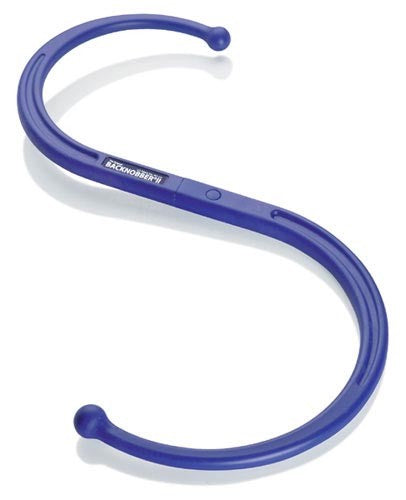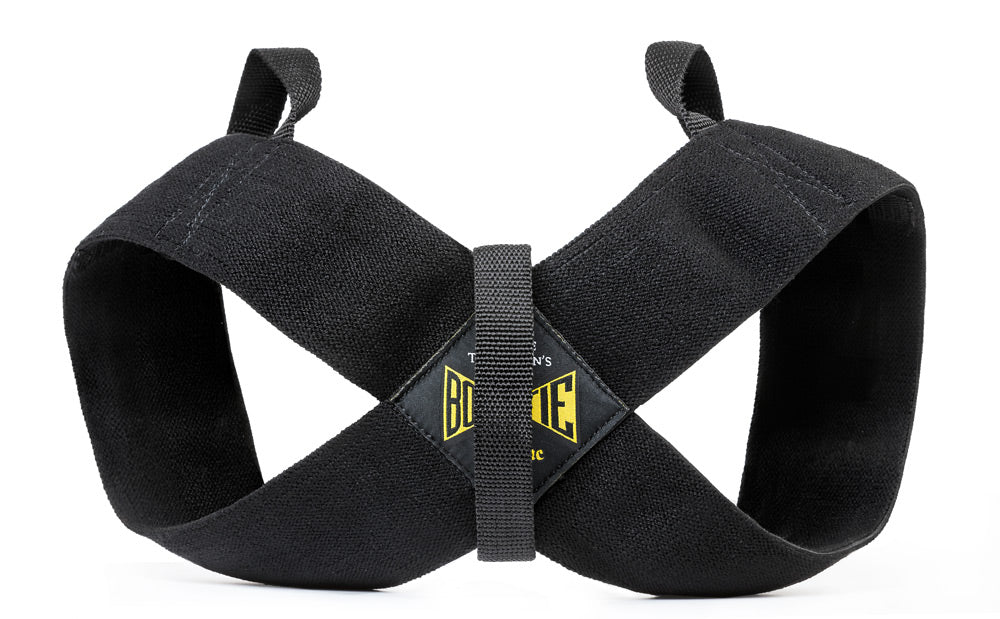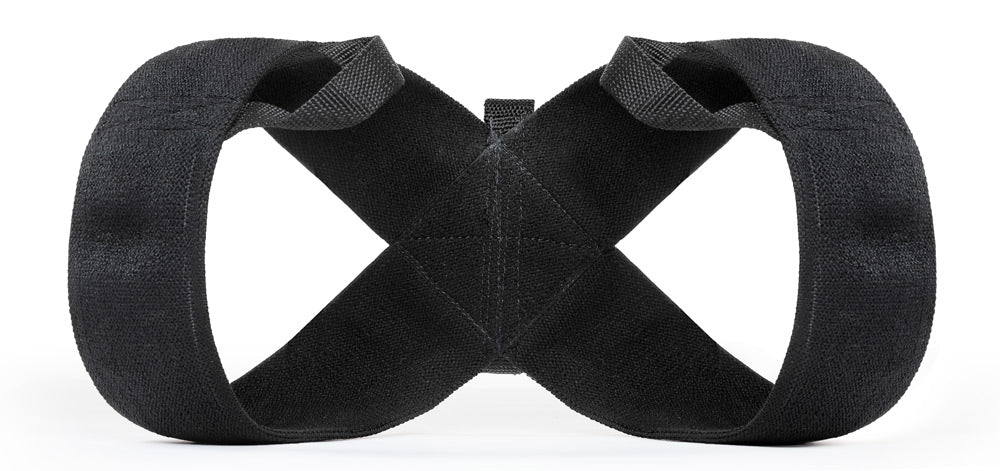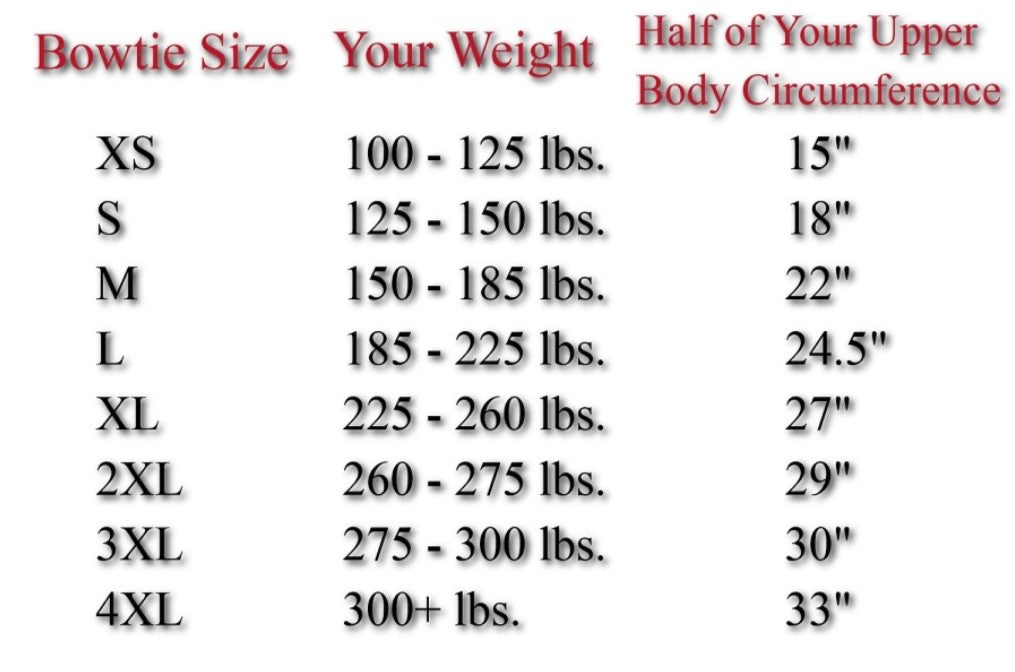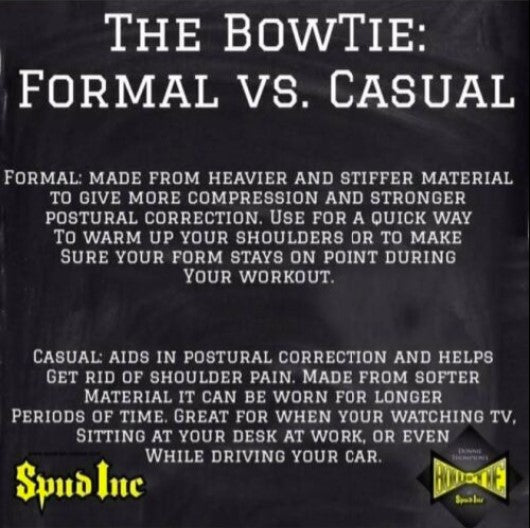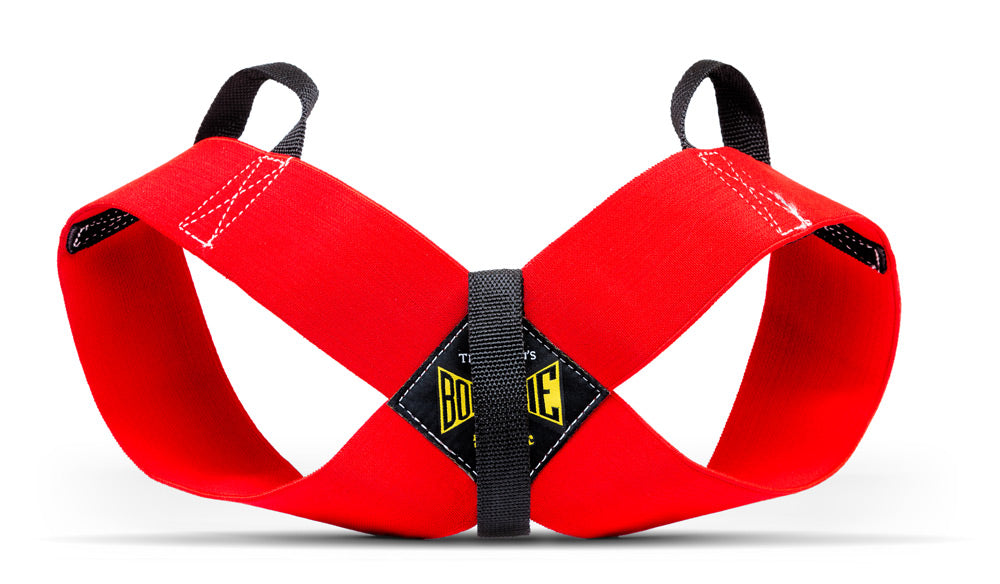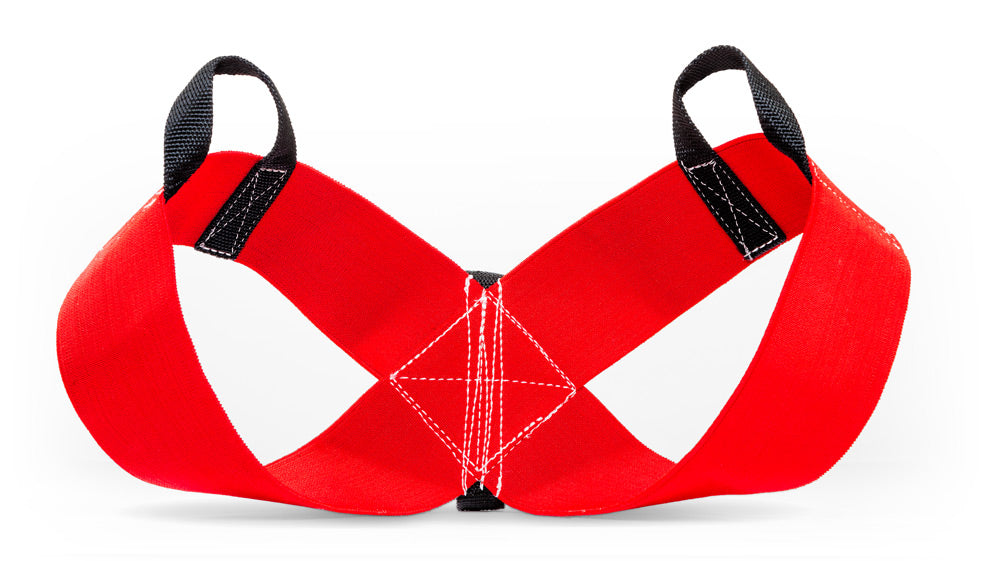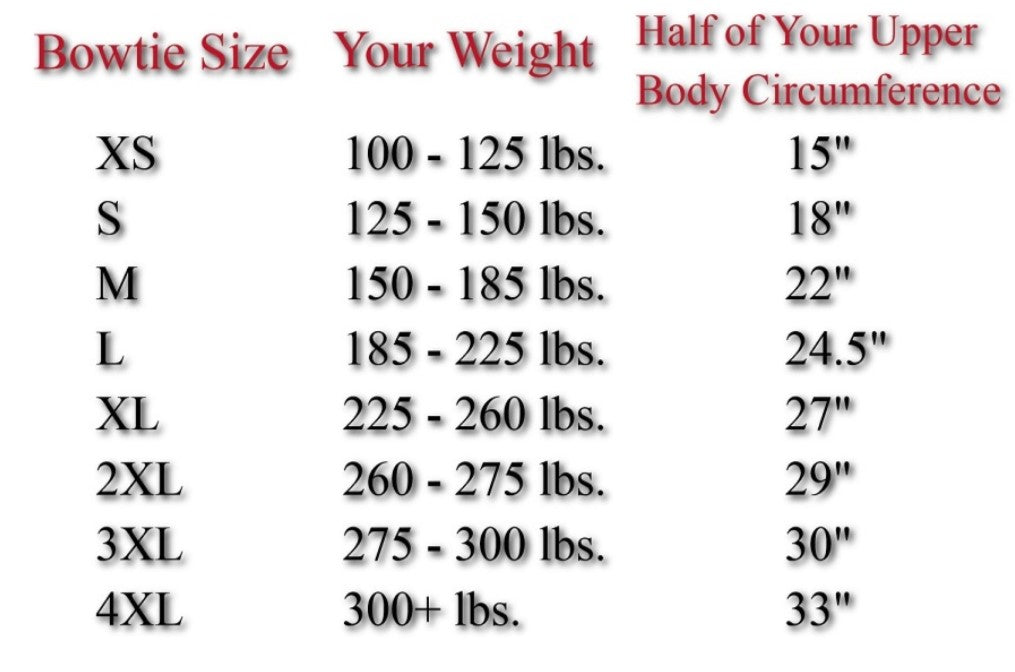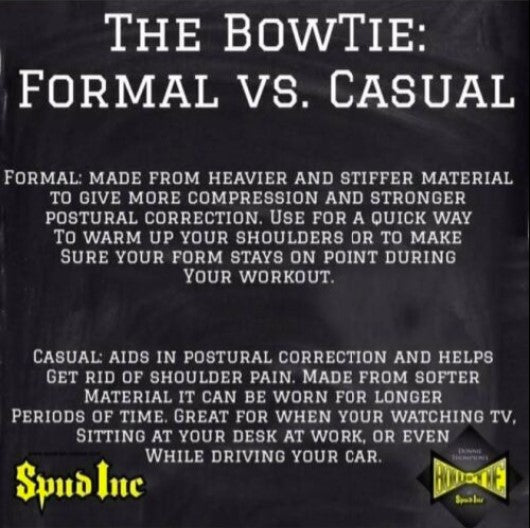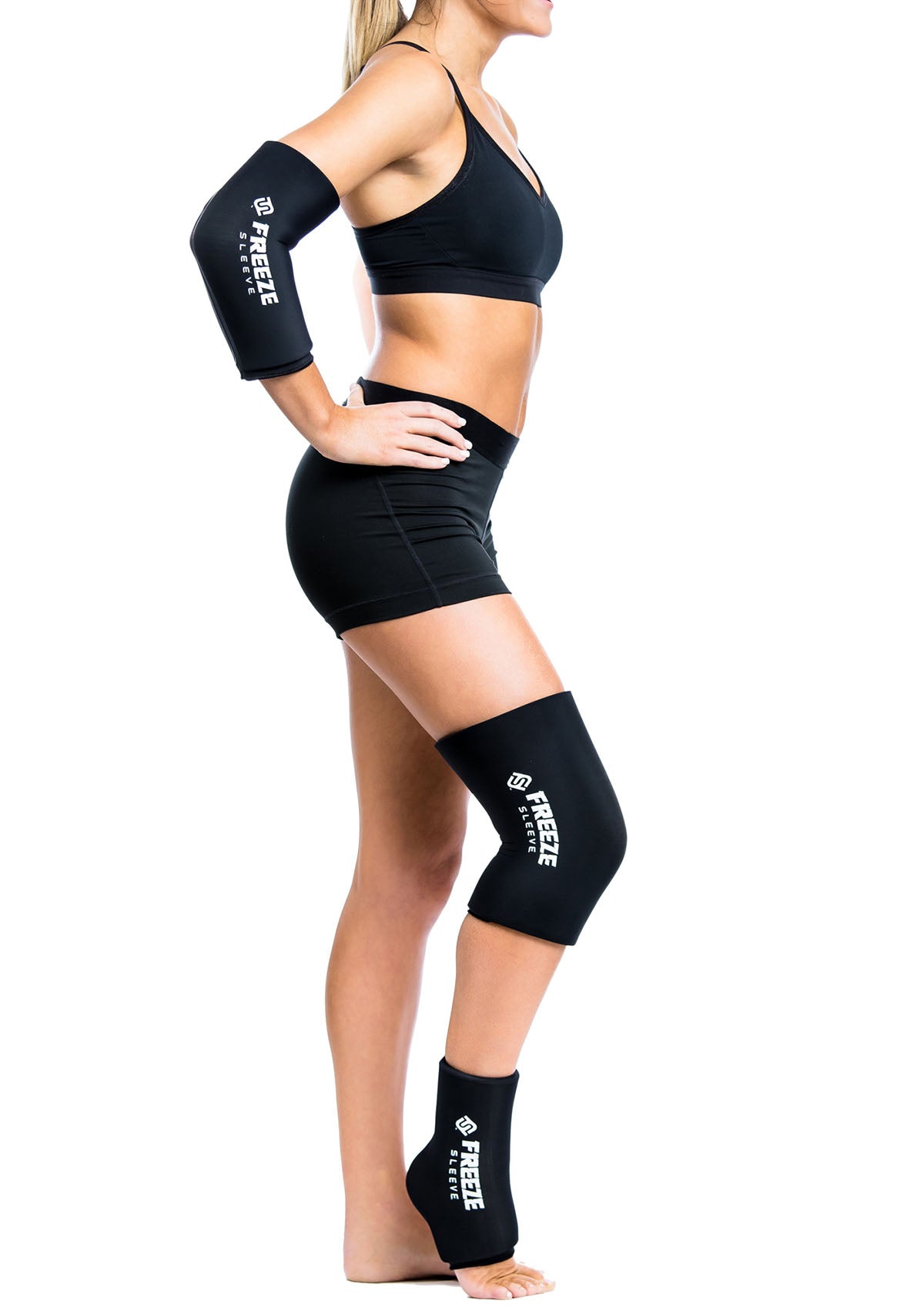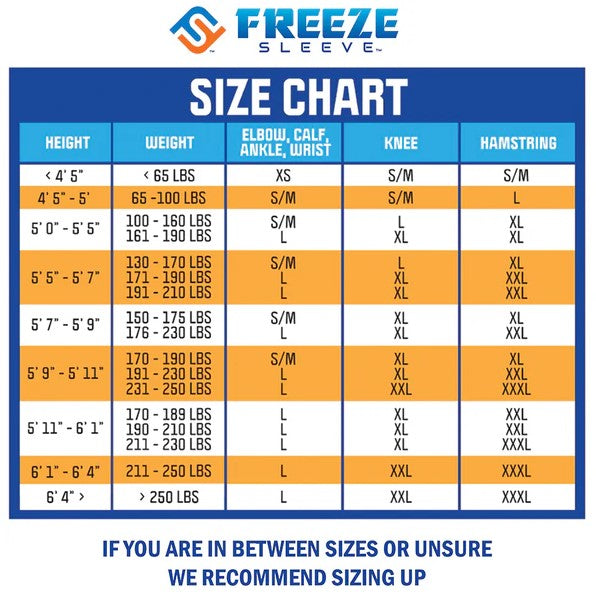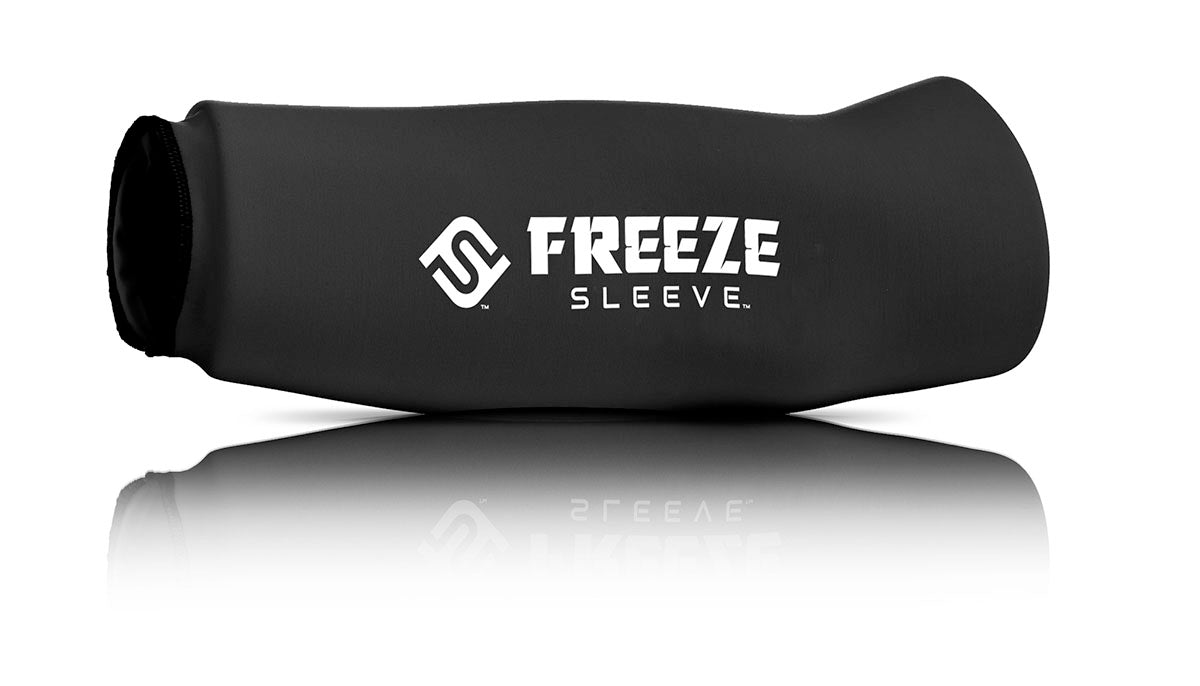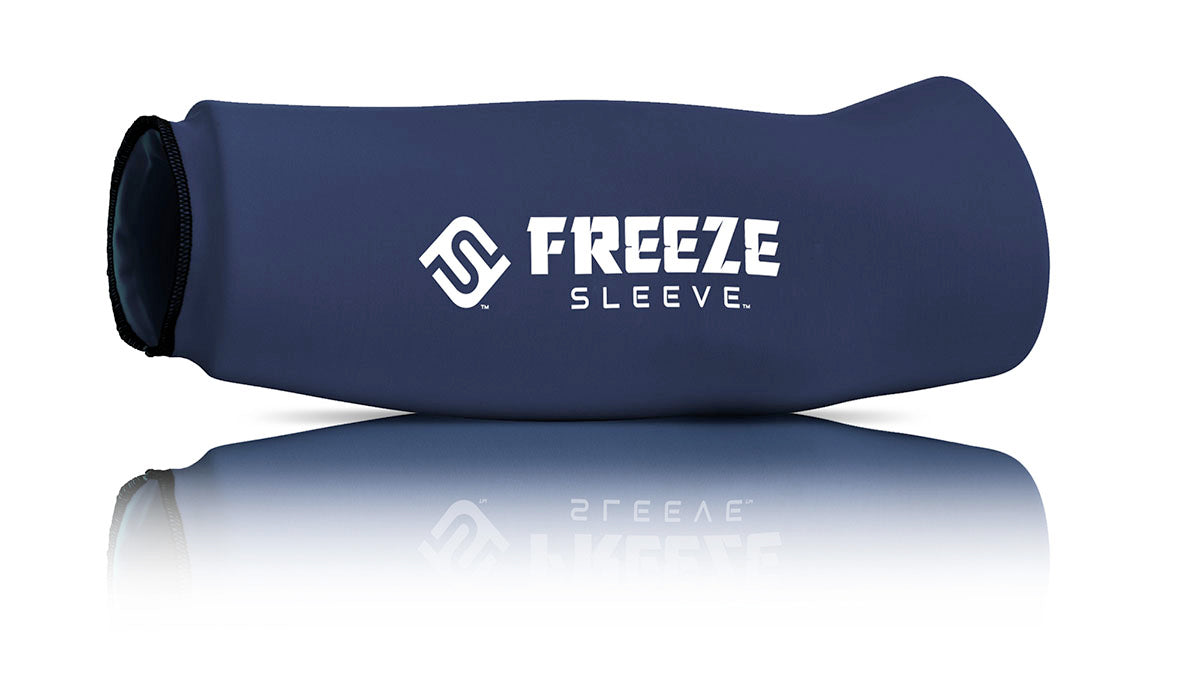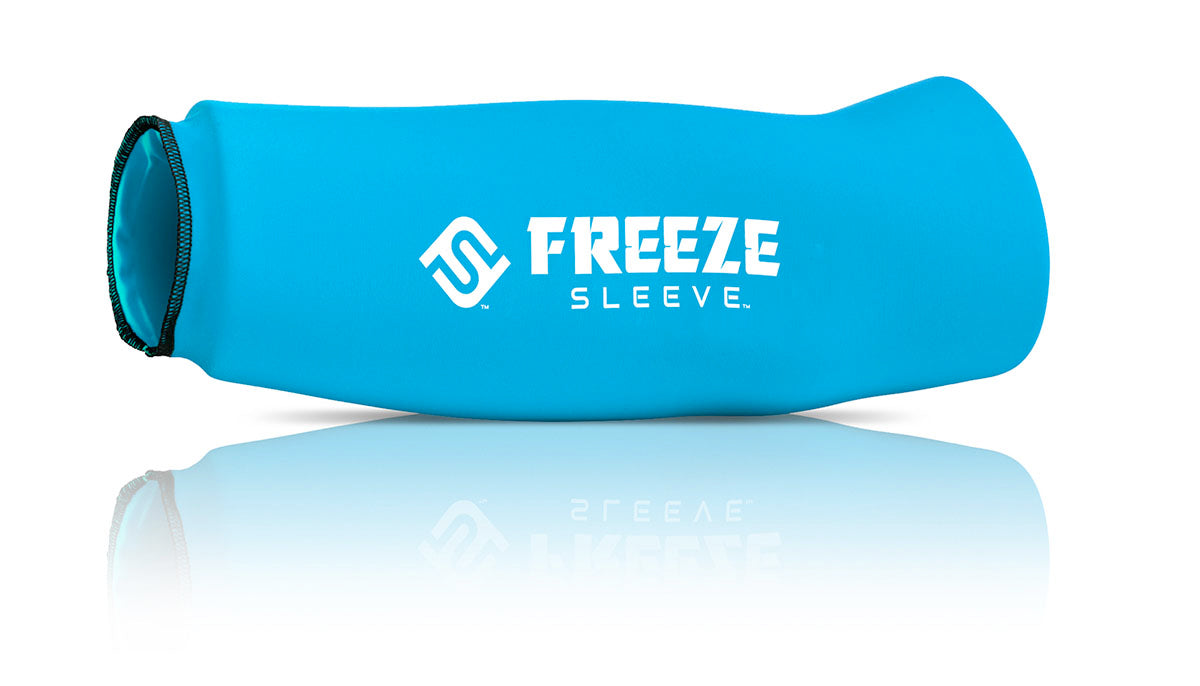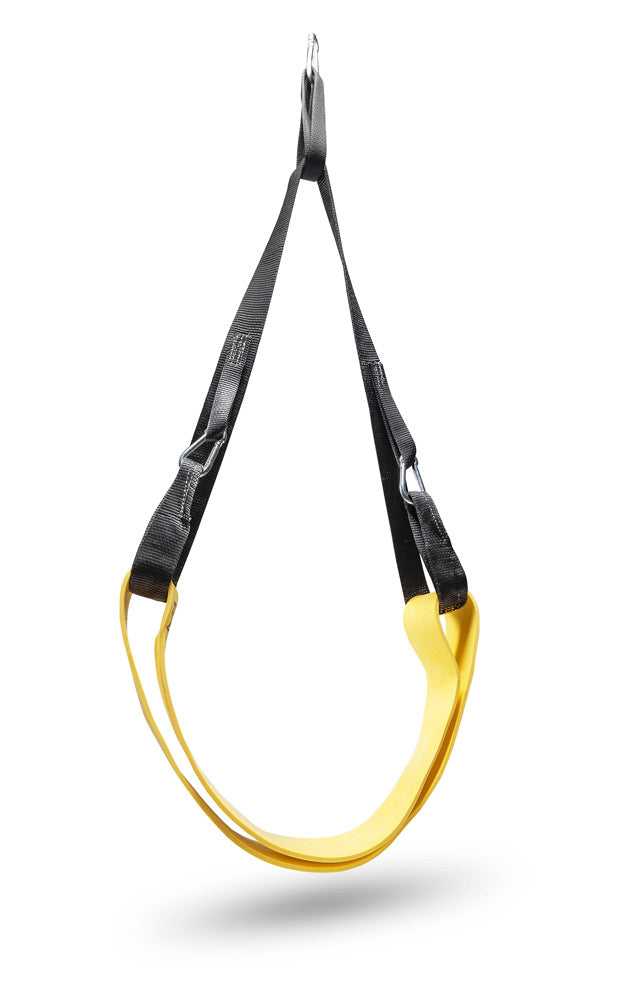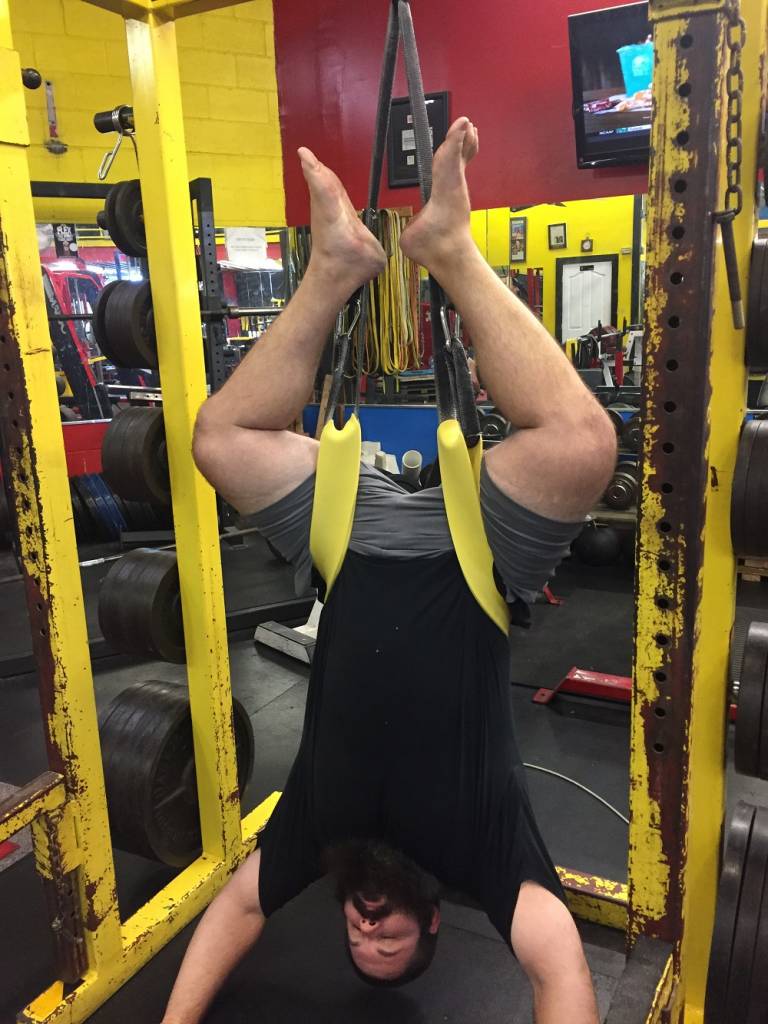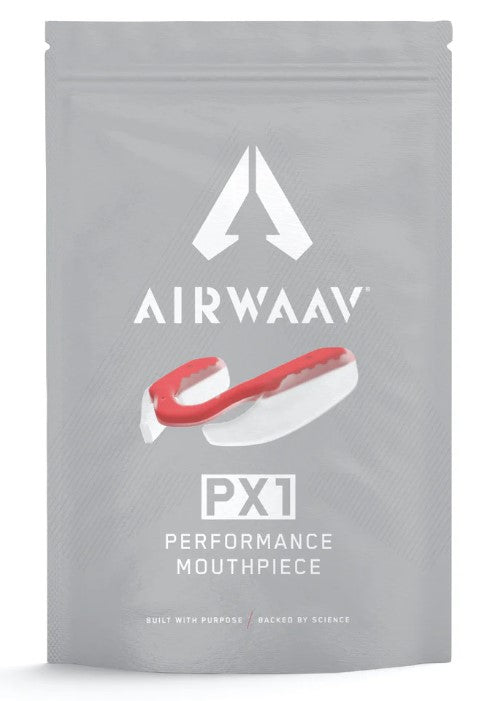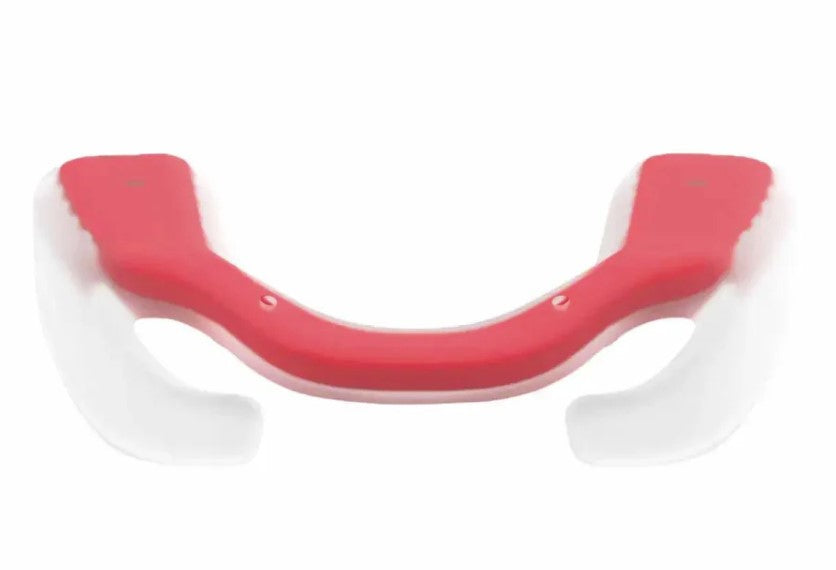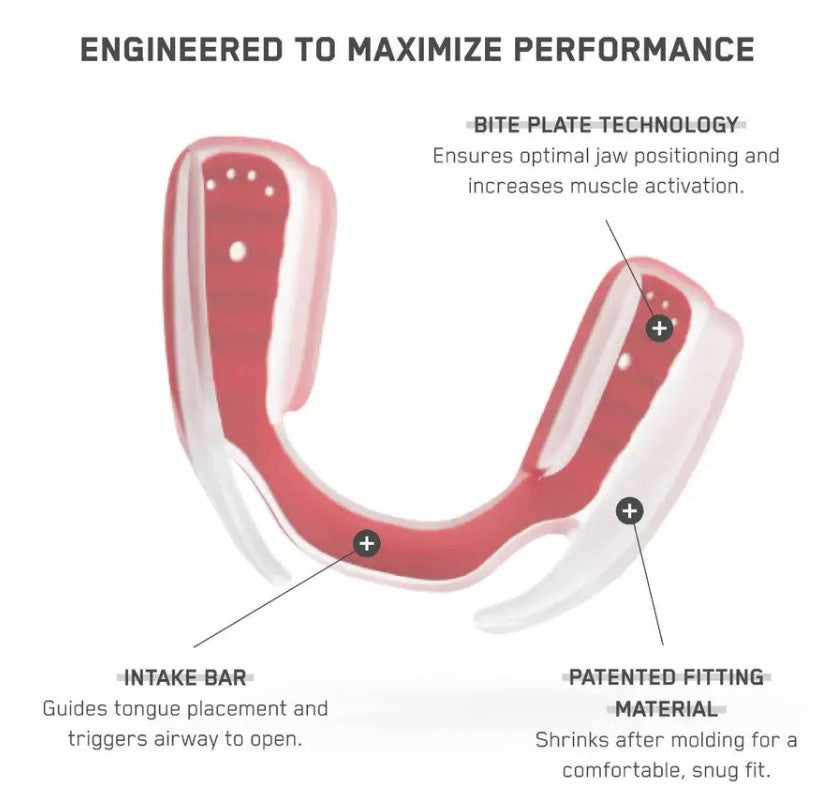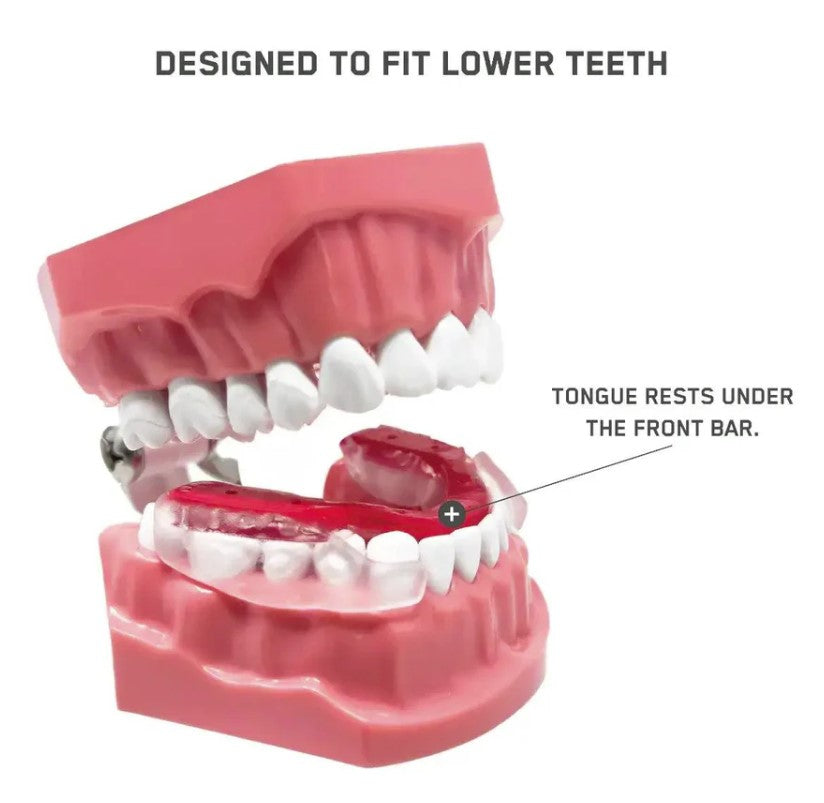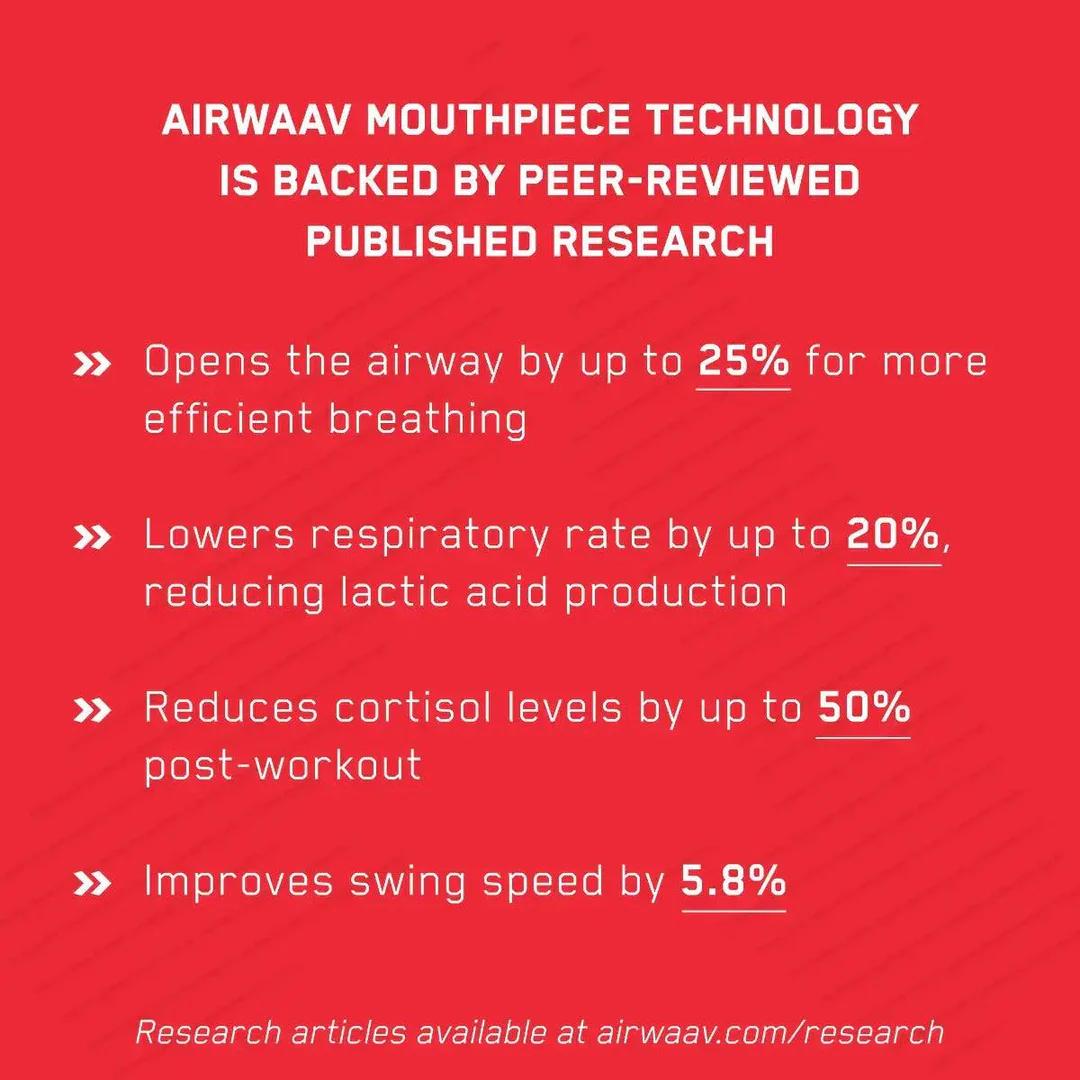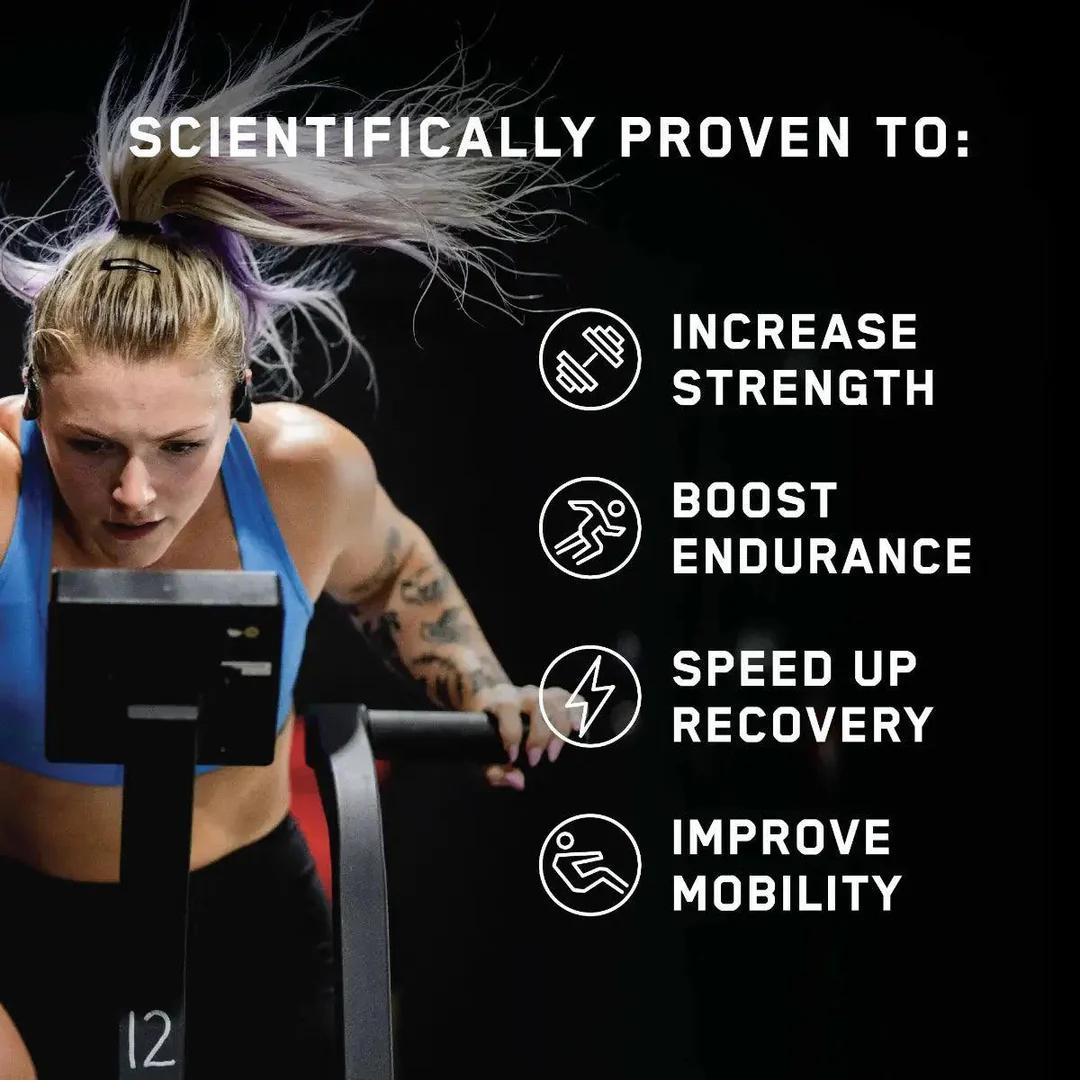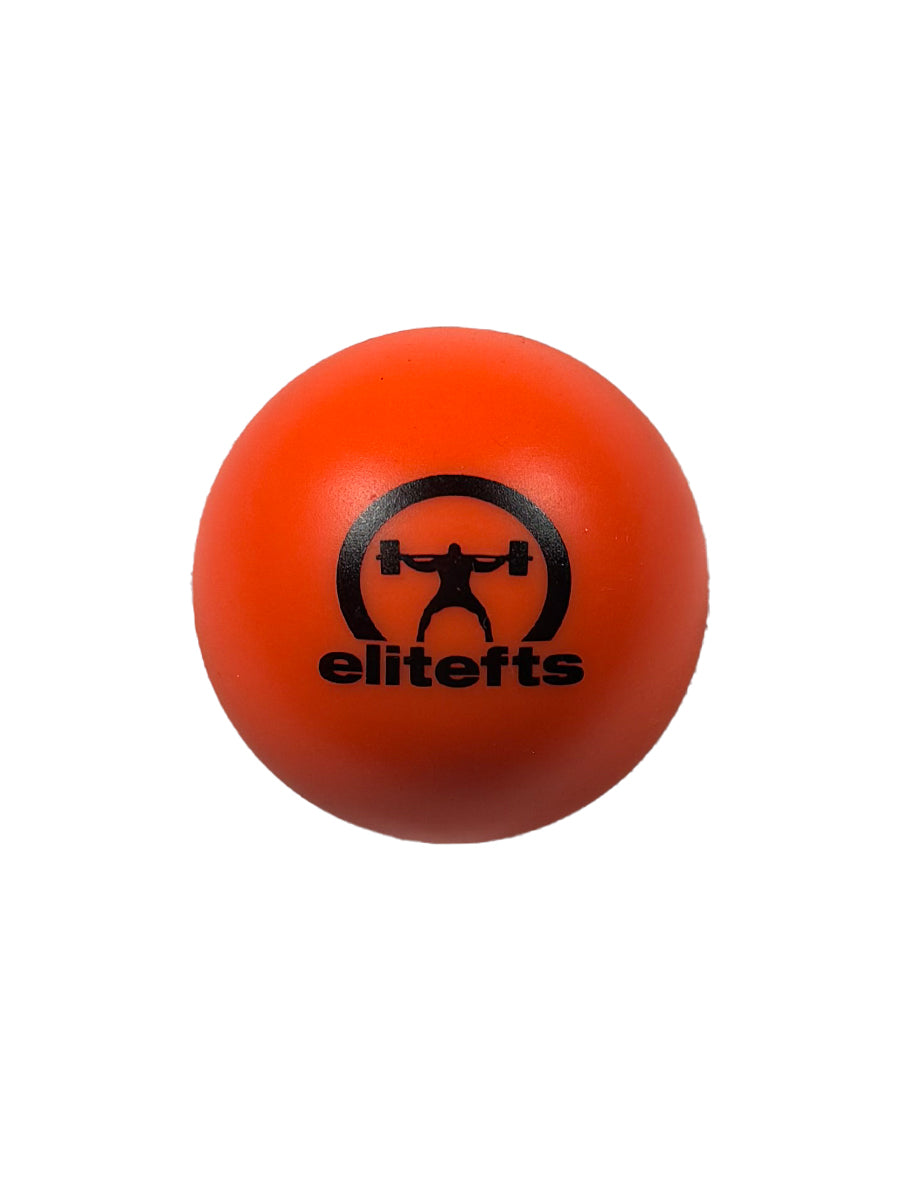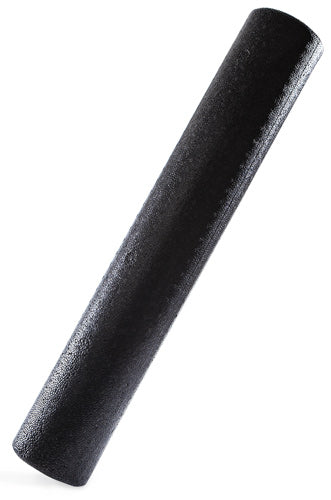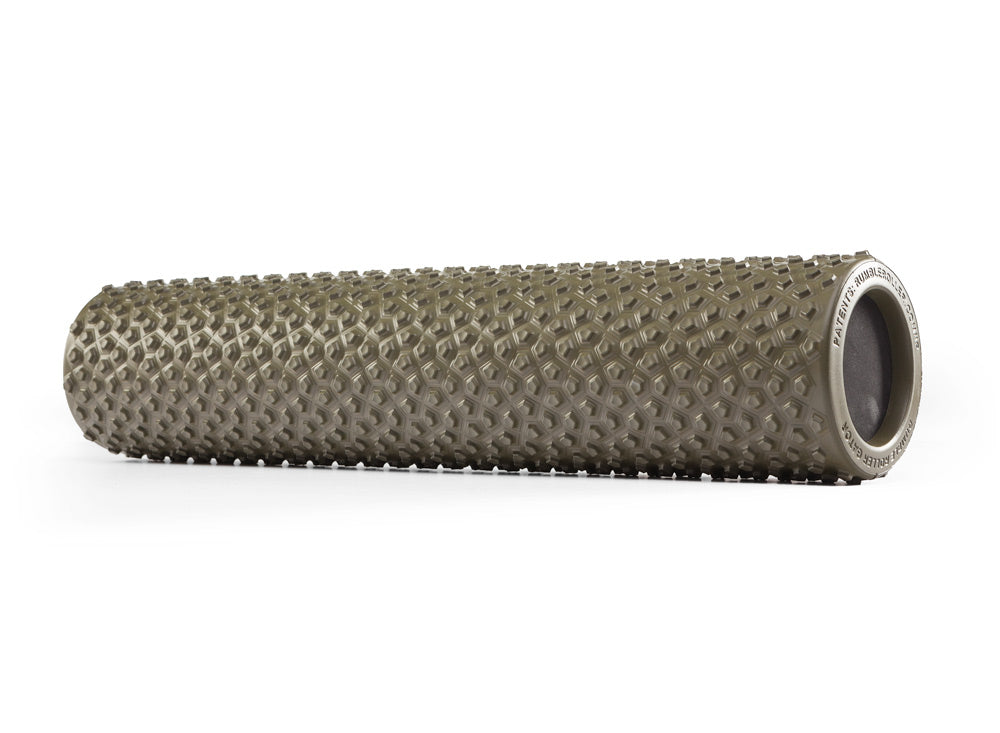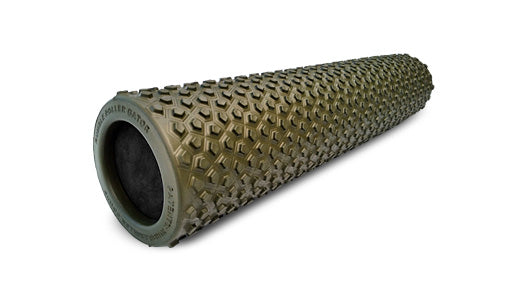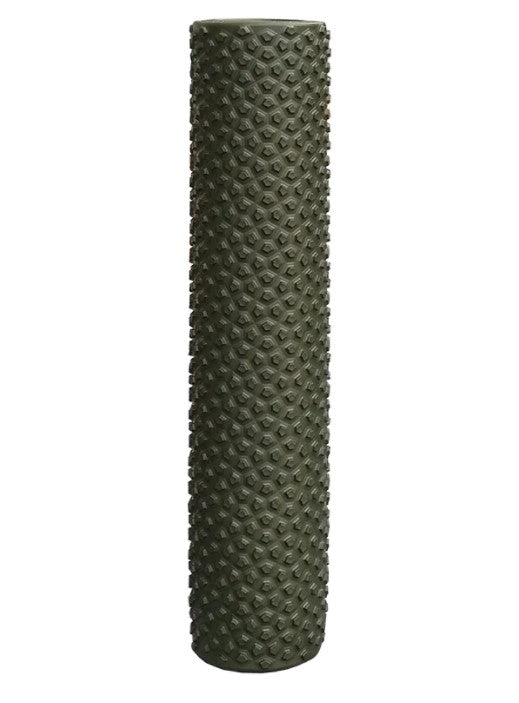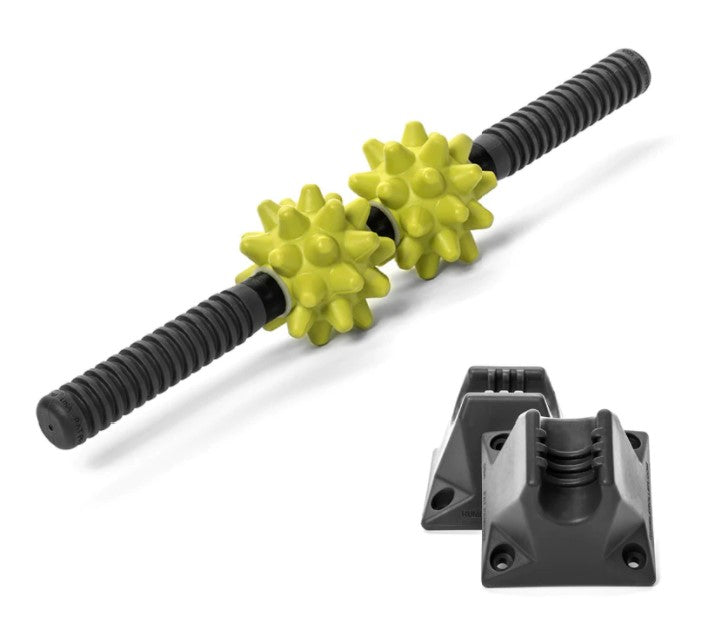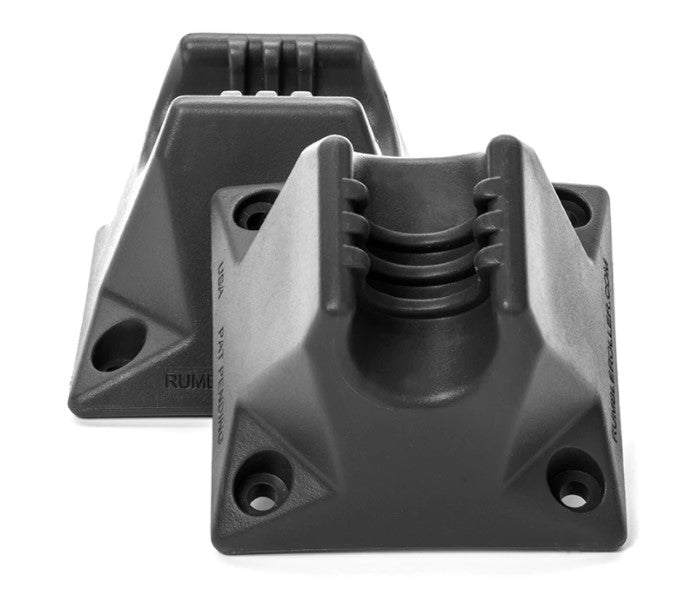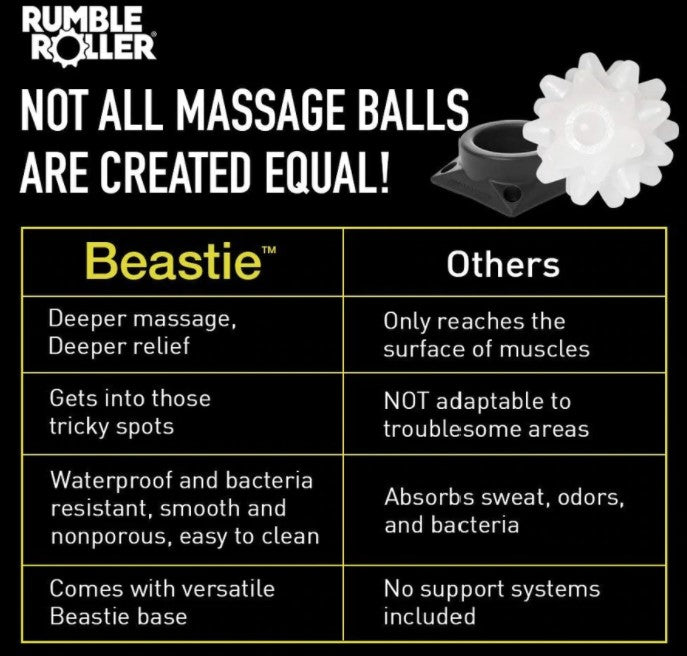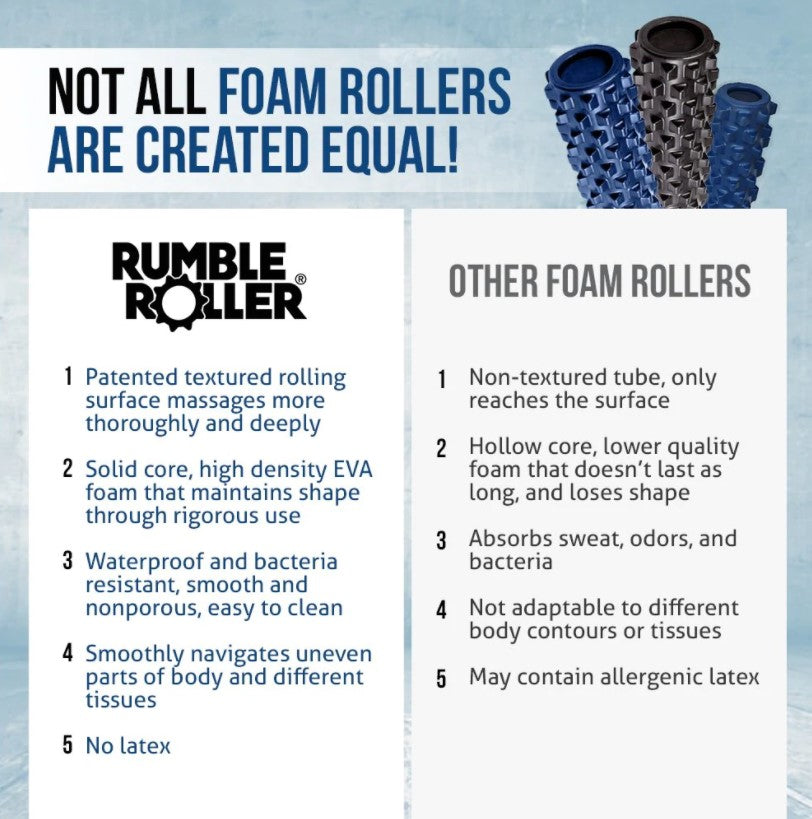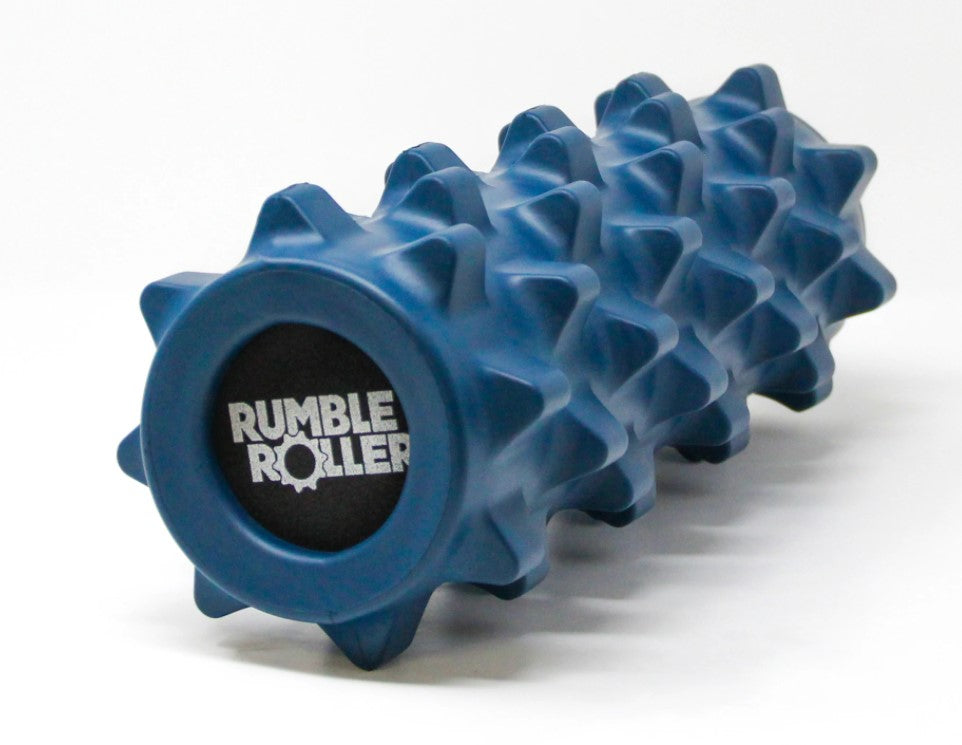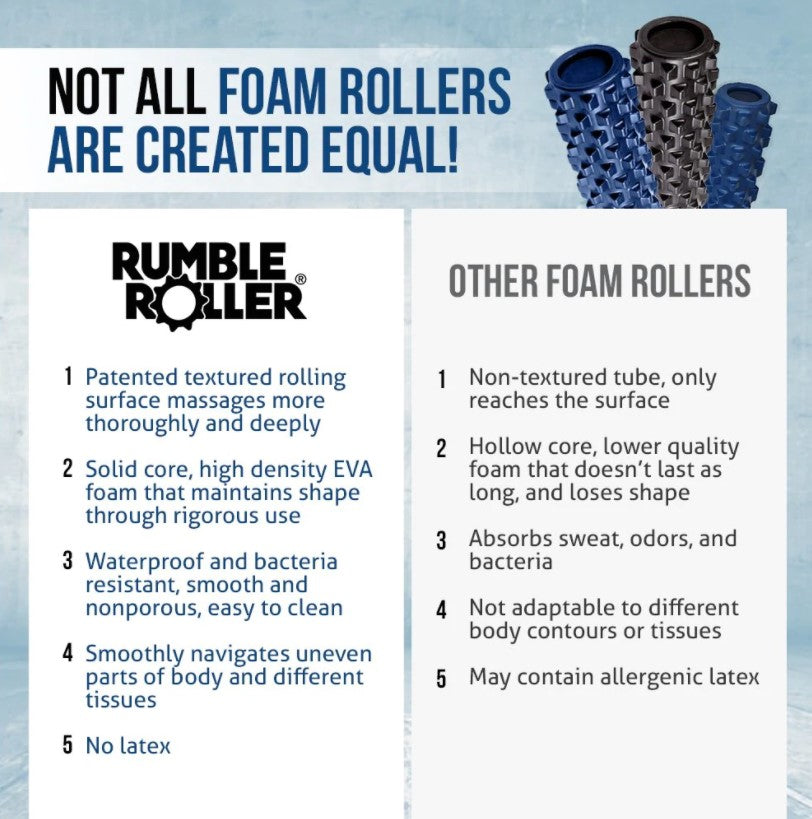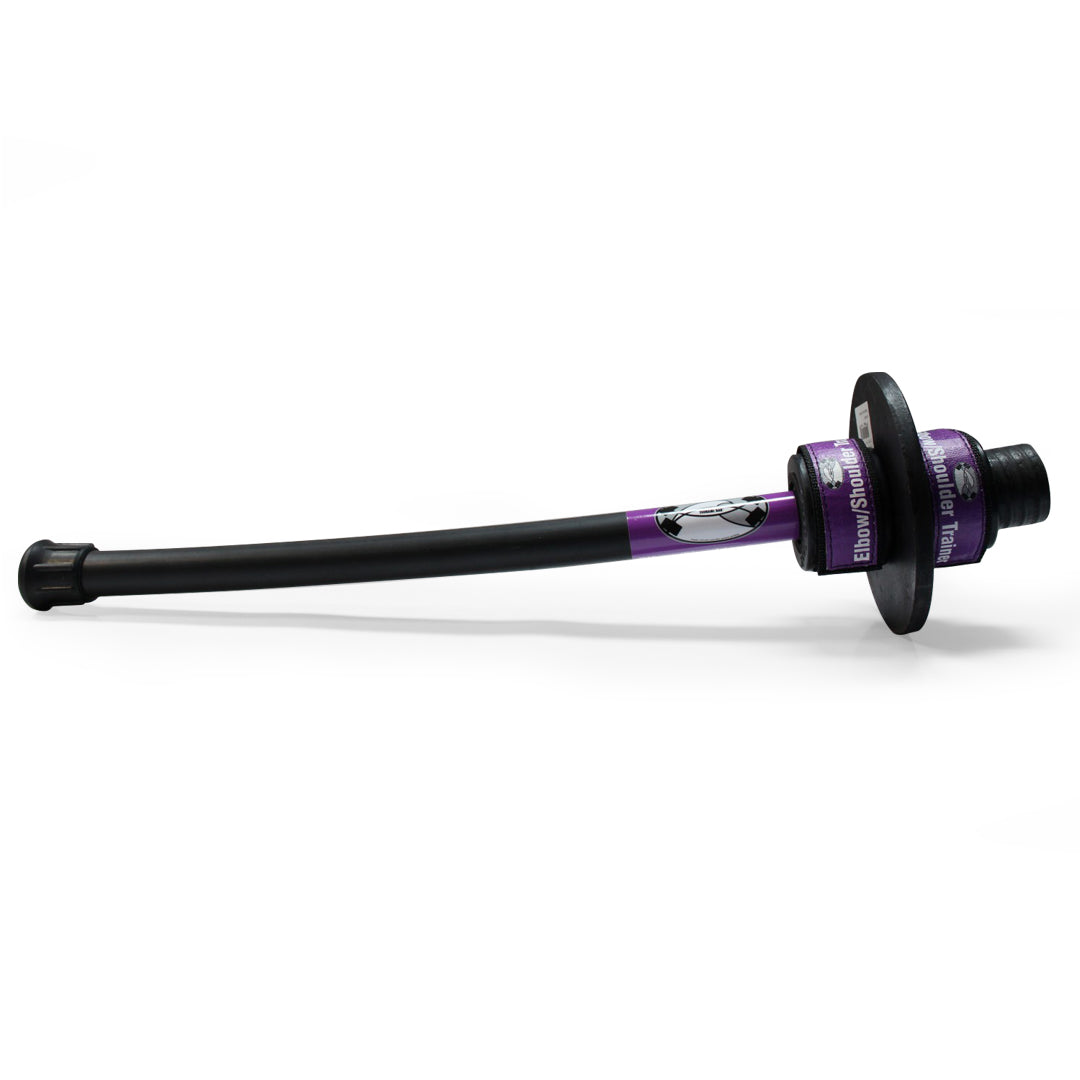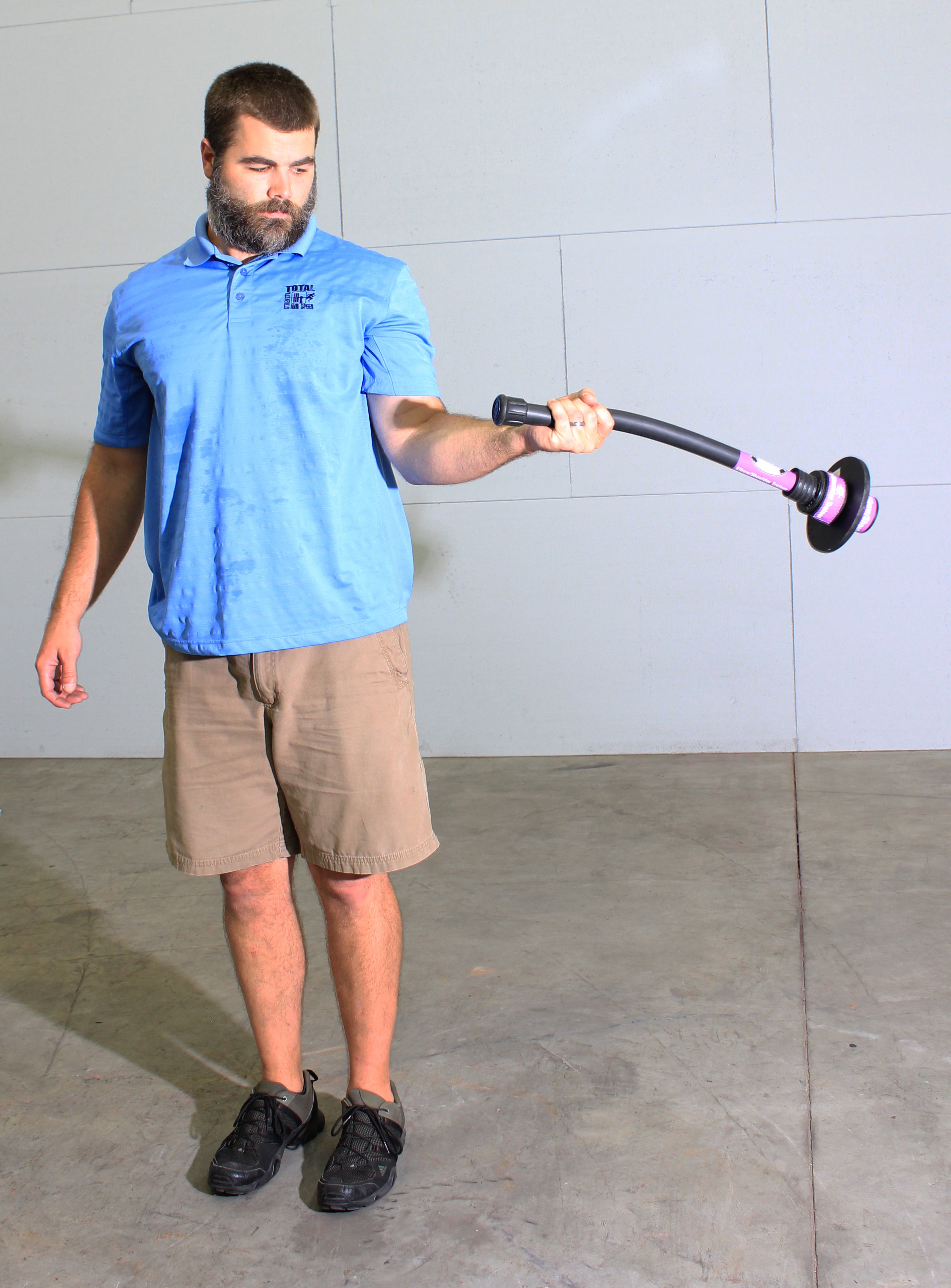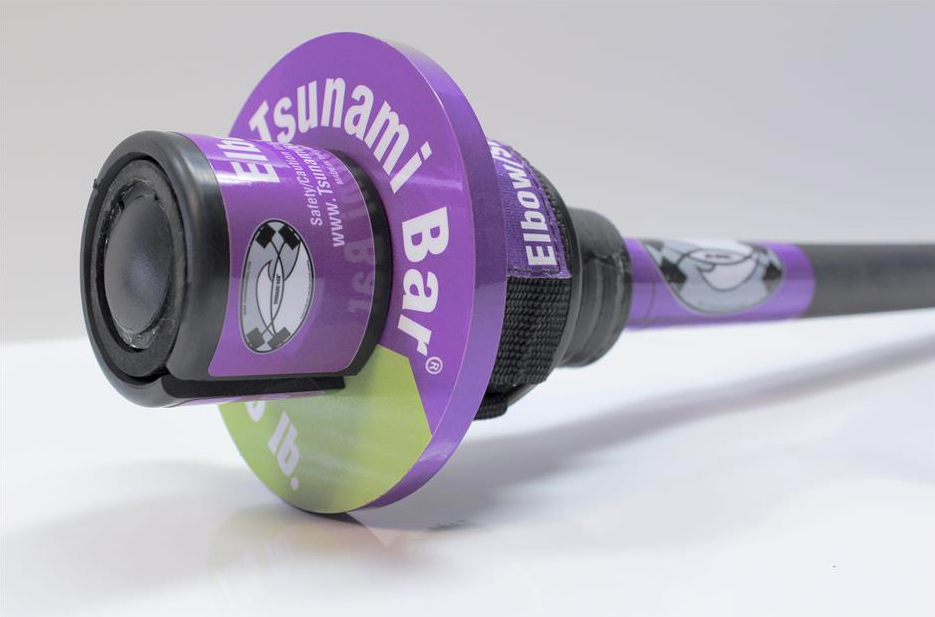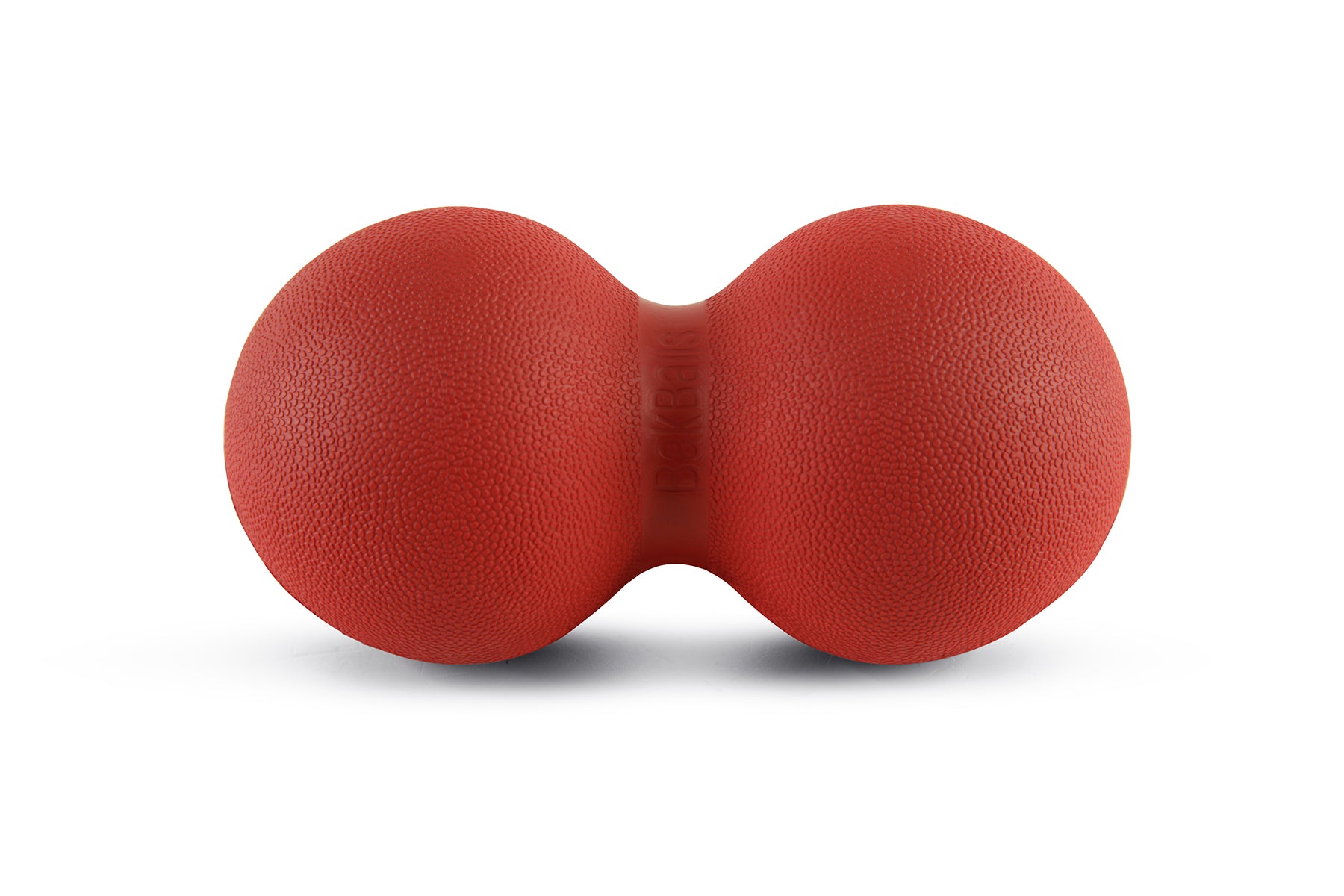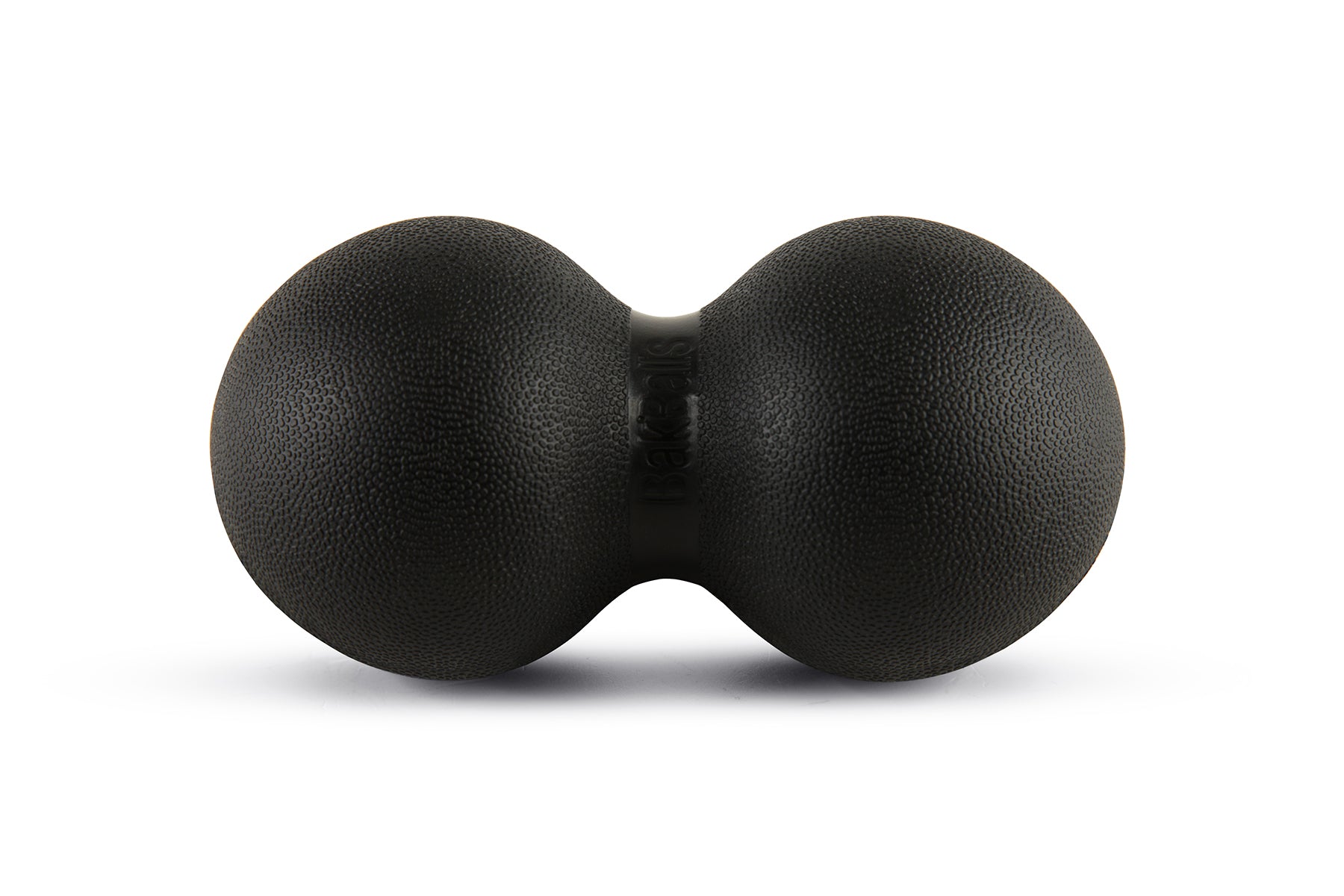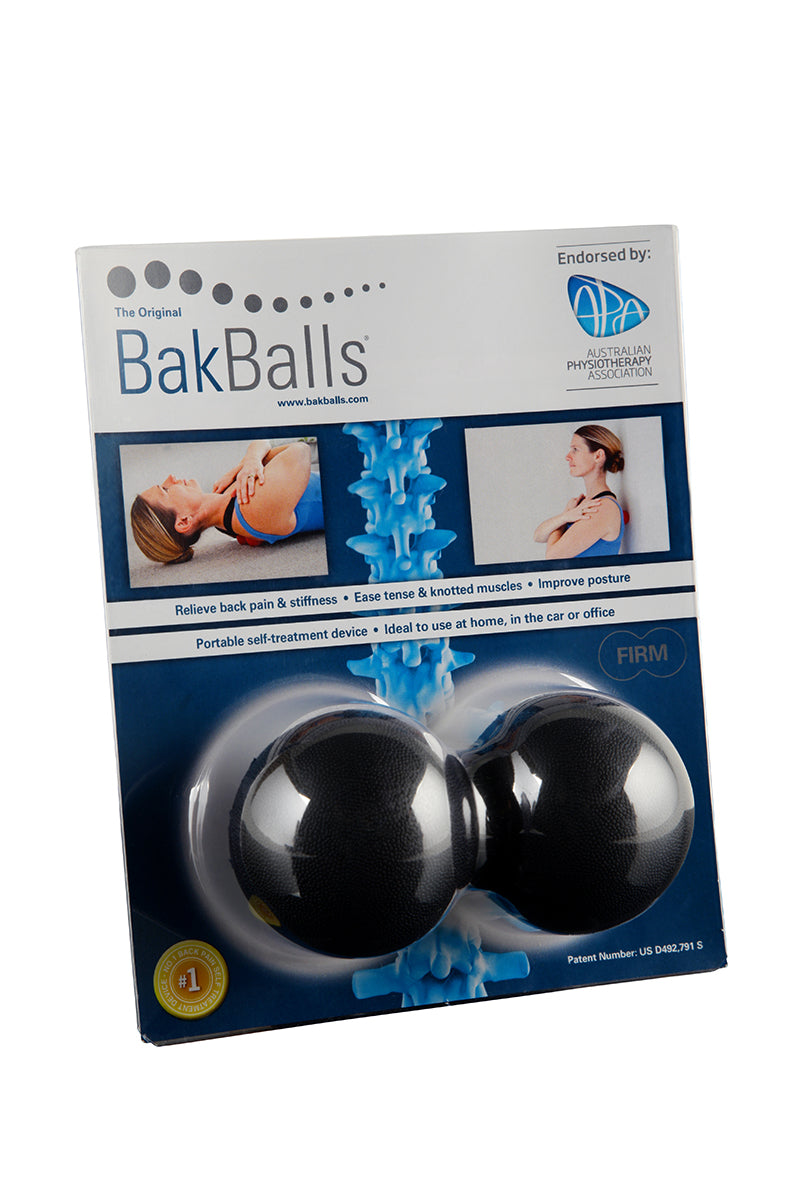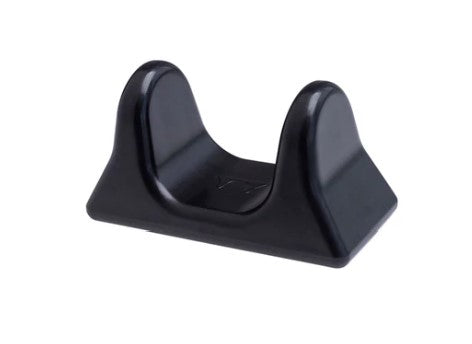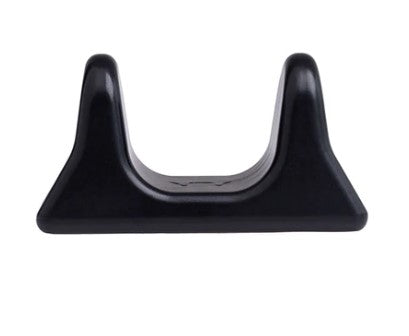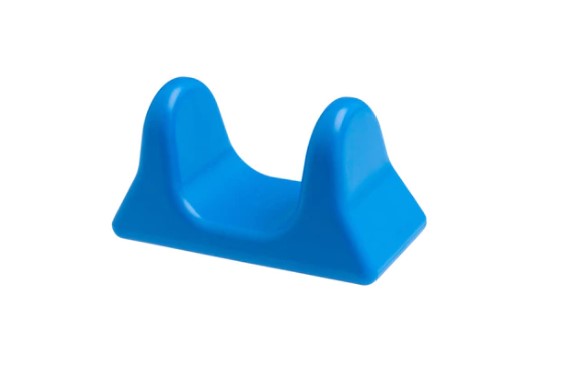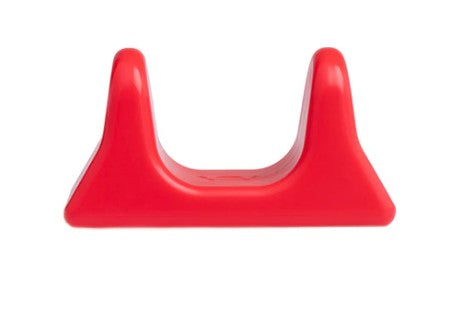
I said in an interview earlier this year that without training, without the community and this team, I don’t do very well. I’m a pretty bubbly person, but in that interview I got pretty serious, pretty quickly. Training is my lifeline. Before Boss of Bosses this year, I pushed through meet prep when I shouldn’t have, and did a few really stupid things after that exacerbated what was already a cascade of injuries. Right now, I can’t train much. As in, some days I can squat sub-50%, some days all I can do is leg press, some days I can’t do any lower body. I’ll let you read between the lines with how that’s going for me mentally. It’s humbling, and honestly as a PT pretty humiliating to admit that I have officially neglected myself enough to push through meet after meet, week after week to a point where I have no option but to stop and finally take my own advice: slow down, take an offseason, and heal. Feelings of failure, anyone? I don’t read much of her, but Amy Cuddy has been quoted saying, with regards to impostor syndrome, “Nothing feels worse than losing a core part of your identity.” In a personal chapter of self-examination, when everything has felt like mental clutter, this articulated so much for me. If you’re someone who already doubts position and ability, it’s a great way to feel hamstrung. Safe to say, as both a PT and a competitive lifter, two of the biggest pieces of my pie are in a really uncomfortable spot right now, and those parts of my identity feel lost. I’m asking myself a lot of uncomfortable questions regarding how I got here, because I don’t want to be here again. Why? Why in the world when I know better, after writing, coaching, clinical hours, talking to other strength athletes, standing up and screaming from a soap box to be patient with your body, do I absolutely refuse to do the thing I’ve needed to? What is it about meet prep and the style of training that I refuse to let go of? Why in the world is this so important to me? I’m going to be pretty damn transparent here. It’s challenging to talk about these things with anyone, because they aren’t pretty. For someone who hopes to cultivate an identity as an individual whose life reflects serving and loving others well, selflessness, positivity, and hope, it feels especially ugly to talk about these qualities that need to be pruned.
RELATED: Conquering the Fear of Failure: Voices of Influence
I wrote about impostor syndrome a few months ago, and it's something that seemed to resonate with a lot of people. I wrote how it froze me from stepping into opportunity and actually growing; feelings of fear of failure, fraudulent words and capabilities, and unintended deception can be paralyzing. It’s common, and I don’t mean to make a “woe is me” story out of it, because with its prevalence I think it’s more a marker of a generation where we have greater access to opportunity as well as comparison, and the two breed a monster we try to keep hidden in our closet. If it is nearly as prevalent as it seemed based on messages, texts, and emails, then there is no way I am the only one dealing with the uglier sides of it.

Hello, massive insecurity. My name’s Dani. I’ll let you out of the closet now and stop sneaking you peanut butter and jelly sandwiches to keep you at bay. And while I sit here as a PT who is constantly broken because she’s too much invested in her own ego to actually take time off and heal, I’ll let you breed qualities that are the antithesis of who I’d really like to become: jealousy, ego, pride, and anger.If that struck a chord with you, you know that it’s a lot less comfortable to admit those things than it is to talk only about the impostor syndrome component that highlights and creates them. If it didn’t strike a chord with you, please go look in the mirror and either congratulate yourself on being almost superhuman, or sit down, stop lying to yourself about it, and quit covering it up the way I did with my training. That is why training was so important to me: it covered my insecurity and kept me distracted from the ugliness that was brewing underneath. My supervisor at work and I were talking about challenge, as I have some upcoming changes (moving out of state, new job, leaving mentors) that are scary. Steps that even a few months ago, I wouldn’t have had the courage to take. She mentioned that usually the most insecure people are the ones that clamor towards challenge because they simply must be the best; their identity rests on it, and rather than ask themselves why, they chase whatever “it” is. Or, they hide, knowing that they won’t be the best, that they won’t reach their expectations. They shy away from accomplishing what they internally know they may be capable of but deny it in fear of failure, because the idea of failure is worse than never taking the shot or opportunity. I couldn’t help but laugh — I mean out-loud, borderline inappropriate laugh, because of the applicability. I am the first to shy away from opportunities professionally and rely on lifting to bolster me. Both, however, are rooted in insecurity. “Don’t drop the ball. You don’t deserve to be here so you have to work double time just to keep up. Don’t let down the readers, or Dave, or anyone that’s vetted you. Don’t let down your employer, mentor, your boyfriend, your parents, the mailman, Han Solo, and each and every last one of the Keebler elves. By the way, if you total less than top five nationally at this meet, you’ve completely wasted a training cycle and your time. That is the one thing you know you can do. Prove your worth.” It is awfully egotistical of me to think that any action I have has much sway on the thoughts/feelings of any of the above-mentioned people. Ironic, for someone who craves so deeply to give to others generously and freely. When I stop and ask myself, when I’m really honest about the effect of impostor syndrome, there are two manifestations: a Jekyll and Hyde version almost, as mentioned above. I wrote about the Jekyll side of impostor syndrome; how it is meek in a way, matter of fact and honest. But Jekyll’s reflectiveness and comparison undoubtedly leads to the acknowledgement of Hyde, and the near addiction to it. The fact of the matter is that the duality is present. And when impostor syndrome takes over, and we get busy just trying to get by, trying to survive, trying to make it through the day hearing our own criticism and inadequacies in our head, it’s easy to be Hyde without even recognizing it. It is self-preserving. It is self-righteous and protective for a person that would otherwise beat themselves down. But it is ugly. Any single one of those qualities becoming too dominant deadens my ability to breathe and almost mechanizes my heartbeat. It is suffocating, and I become incredibly unhappy with the person, partner, and clinician I am when those qualities have a foothold. These are a byproduct of the insecurity that develops with impostor syndrome, and it is incredibly self-defeating. But you cannot knowingly overcome something that doesn’t have a name. Passively, perhaps, but I don’t like passive. I know myself enough to know that “passive” is exactly what got me to where I am right now. Passive is easy. Easy is self-preserving.

So why is it that I cling so hard to my training? Why is it that I say I don’t do so well without it? There are a lot of reasons, but there's more than the fact that I love it, more than it letting me shut off the cerebral side of myself, more than the community I love and the feel of weight in my hands. In a profession where every 30 minutes I give a little more of myself away to a patient, where I doubt my ability and severely hold back, my training is my self-preservation. My training is my survival. My training is the part that super-compensates for the insecurity I feel in every other part of my life. It over-inflates and it puffs up.
RELATED: Boss of Bosses 3 — My First Meet Representing elitefts
It has been my clawing for security somewhere when everything else felt like it rested on sand. If I was feeling like failure or undeserving everywhere else, the one place I could just work harder to get better—where it was me and the bar—I forbid failure. Any challenge, I wanted. But it became more than that. The desire to be the best—to hit certain numbers—it can become so tempting so quickly that it bred the same qualities that are the exact opposite of my self-perception. It hit me after Boss of Bosses this year when after the meet I was more concerned about what all the other 123 women were lifting, being overly critical, filled with disappointment in myself, and blatantly jealous that I “lost.” Wow. How far from my heart had I strayed? And because of what? Because I was so insecure elsewhere? I exchanged my character for…a sorry attempt at self-worth? It’s a little sad when you stop to think about it. But I know I am not alone. I don’t know why people choose to talk to me about some of the things they do, patients and strength athletes alike, but there is a common thread that seems to weave throughout both populations, and that is that when we lose one part of our identity, or when it is taken from us, when we cannot perform a certain task, there is a fear that in some regard we are not what people imagine us to be. That somehow, we are a fraud. That we are not enough, like letting go temporarily of one part of our identity removes what worth we may have in an exchange with other people. We are not an exchange. We are human. And the culture of your heart will bring infinitely more or less value to those around you than any task, ability, or “perception” might. I think, with regards to impostor syndrome, when the portions of our persona that we see as valuable that ordinarily we cling to are removed from us for one reason or another, we are afforded an opportunity to control the volume of what other messages we hear or what mindset we adopt. When the elements that are the self-preserving crutch are stripped away, we have no choice but to look at the insecurity, or whatever stripes you have, and actually grow through it. Maybe training isn’t your crutch, where some of the less admirable qualities come out. If you’re anything like me and injury leaves you suddenly feeling like you’ve lost the most admirable skill you have, or desperation and fear sets in, maybe one of the better things you could do is ask yourself the hard questions and be willing to hear the honest, possibly hurtful answer: “Why is this really so important to me?”







